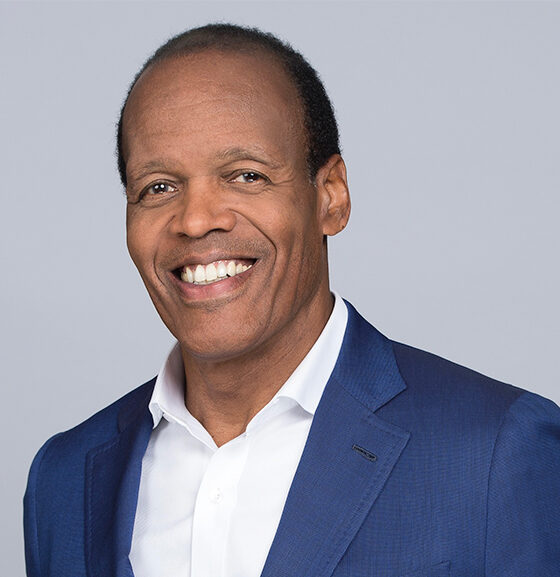
February 4, 2024
Lee Pelton Leads The Charge To Create More Equity For Black Boston
Lee Pelton, director of The Boston Foundation, is leading the charge to solve the city's long-standing wealth gap problem.
As director of The Boston Foundation, Lee Pelton is leading the charge to solve the city’s long-standing wealth gap problem. In 2022, the foundation created the Greater Boston Partnership to Close the Racial Wealth Gap, as Boston Magazine reported. The efforts are not new, but the scale is.
Symone Crawford, executive director of the Massachusetts Affordable Housing Alliance and a member of the Greater Boston Partnership, described it to the magazine, saying, “It’s new in the sense that we have more people at the table and more decision makers who can, I would hope, make change.” Pelton, whose 2020 reflection on the murder of George Floyd went viral, channels James Baldwin when asked what his motivation is for attempting to tackle the racial wealth gap in Boston, saying, “Not everything that is faced can be changed, but nothing can be changed until it is faced.”
The partnership’s website also reflects this belief, as it gives a brief overview of the sense of the scale of the initiative: “With a data-informed and mission-driven approach to advance racial and economic equity, the Wealth Gap Partnership brings together housing, financial, nonprofit, philanthropic and civic leaders to develop approaches to support, strengthen, and expand the current landscape of affordable homeownership, and through it, build intergenerational wealth for communities of color.”
Pelton, who has a penchant for quoting historical figures due to his previous life as president of Emerson University, is adamant that a change in the way the business of creating wealth is conducted is key to turning the city’s fortunes around. He uses the game of Jenga to illustrate his point, telling Boston Magazine, “You pull out one block, and it creates stress. You pull out another block; it creates more stress. You pull out too many; it creates trauma. And that’s what we’re finding in these communities. They don’t have the building blocks that they need for wealth and—I’m using it in a really Anglo-Saxon way—well-being.”
In that way, Pelton is making the argument that health is wealth. To that point, a study conducted by the Boston Public Health Commission uncovered that in Roxbury, a predominantly Black neighborhood, the average life expectancy is 69 years, as opposed to the affluent and largely white Black Bay, where the life expectancy averages 92 years.
Some, like Luc Schuster, executive director of Boston Indicators at the Boston Foundation, caution that overestimating the effect one effort, no matter how large, can have on Boston. “I do think we need to be careful not to over-promise how much any one local effort like this can really meaningfully close the large multigenerational racial wealth gap in Greater Boston,” Schuster said before adding, “that shouldn’t be interpreted as a reason not to work on this.”
Pelton says the barometer for any real success on the front of racial and economic justice in Boston will be if his initiative lasts longer than his tenure as the leader of the foundation. “The success of this program, is if it survives me,” he said.
As Boston News 25 reports, Pelton sees housing as one of the most crucial undertakings to address the wealth disparity in Boston, because “it is still the largest component of accumulated wealth for most individuals and families. It’s a way to build wealth.”
Pelton also acknowledged that some people’s imaginations of Boston may be warped due to the popular HBO docuseries Murder in Boston: Roots, Rampage, and Reckoning, but also says the Boston community is changing: “This is not the place that you know 50 years ago, where we had, you know, the 1974 disruption and busing. We’ve made tremendous progress.”